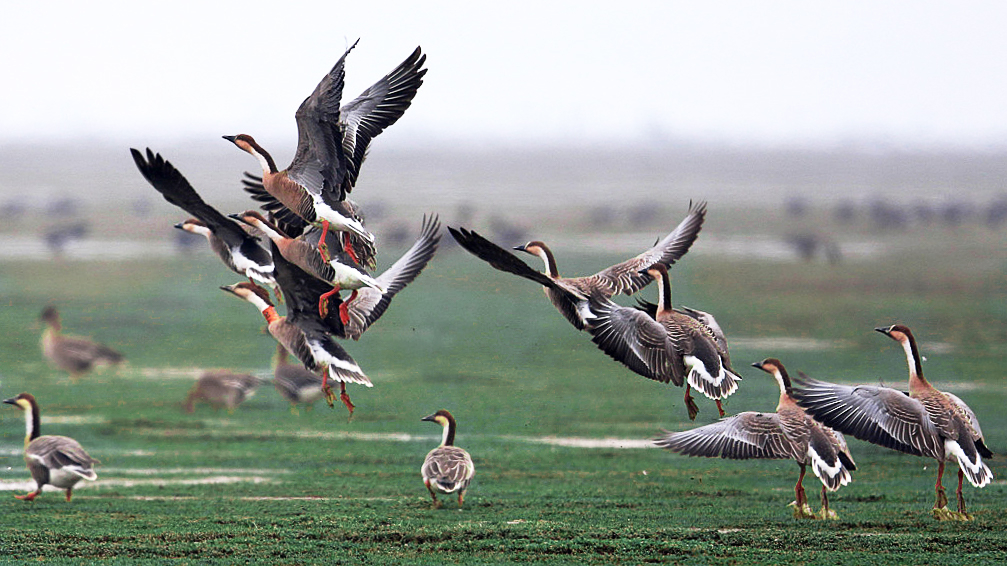Avian influenza (AI) is a highly contagious viral disease affecting several species of food-producing birds (chickens, turkeys, quails, guinea fowl, etc.), as well as pet birds and wild birds. Occasionally mammals, including humans, may contract avian influenza. There are many AI virus strains, which are usually classified into two categories, low pathogenic (LPAI) strains, which typically cause few or no clinical signs in poultry, and highly pathogenic (HPAI) strains, which can cause severe clinical signs and potentially high mortality rates among poultry. Wild birds are natural hosts and reservoirs for all types of avian influenza viruses, and play a major role in the evolution, maintenance, and spread of these viruses. Avian influenza has captured the attention of the international community over the years, with outbreaks in poultry having serious consequences on both livelihoods and international trade in many countries. Monitoring and controlling avian influenza at its poultry source are essential to decrease the virus load in susceptible avian species and environments. Implementation of biosecurity measures, in line with WOAH international standards, is key in securing the production sector and trade, safeguarding food security and the livelihoods of farmers, and limiting the risk of human infection with avian influenza strains that have zoonotic potential.
